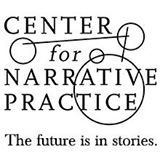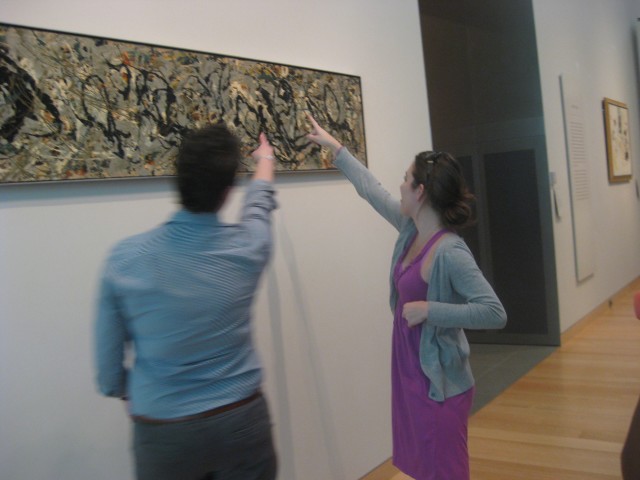Dear Arts Practica community,
Long time, friends. It’s been wild, abundant, and blessedly educational over here, to say the least. I’m so very glad to be writing to you today to let you know about an upcoming workshop:
Aesthetic Attention: Art and Clinical Skills
November 13-14 in Boston, MA.
Here are the basics:
- Two-day intensive, held at the Center for Narrative Practice and the Museum of Fine Arts, Boston
- Co-taught with Dr. Amy Ship, Faculty Director, Katherine Swan Ginsburg Humanism in Medicine Program, Beth Israel Deaconess Hospital, Harvard Medical School
- Designed for healthcare practitioners who are:
- looking to improve knowledge, skills, and self-awareness with regards to four key skills at play in expert clinical perception: attunement, representation, flexible thinking, and group communication (“aesthetic attention”)
- curious about the relevance of arts experiences to healthcare quality
- Didactics on perception, cognitive error, and strategies for improving quality time in clinical encounters
- Immersive experiences with art in the MFA galleries
- A community of practitioners exploring this work together (space limited to ensure up-close work)
No experience with art is necessary, but please come prepared to interact. Also, the snacks will be particularly nourishing and delicious. Promise.
Download a program brochure here: CNP AAW Brochure
What have people said about previous Arts Practica workshops? Testimonials here.
This workshop represents Arts Practica’s most updated thinking on the art and science of seeing—really seeing—patients. The “aesthetic attention” approach to patient care identifies deliberate action in four areas: attunement, representation, flexible thinking, and group communication. This module has been implemented privately over the last year with institutions such as the American College of Physicians and the Canadian Memorial Chiropractic College, in partnership with some great art museums. It’s a real pleasure to open it up to healthcare audiences broadly.
This workshop is also the result of some happy collaborations:
First, with the Center for Narrative Practice, a new nonprofit in Boston created by some of the people involved in Columbia’s Narrative Medicine Program. The CNP extends the tools and skills of narrative practice (such as story telling and close reading) to professions across disciplines. All sorts of real-world applications of the gifts of the humanities are already in the works, even in the CNP’s pilot year. They are one to watch! I’m really excited to partner with them on this.
And – with Dr. Amy Ship, internist, teacher, and longtime admired colleague. In addition to being an award-winning doctor of compassionate care, advocate, and sought-after teacher, Amy is a generous soul, lover of language (former reporter), and powerful guide in arts experiences (former curator), and fellow traveler on the searches of meaning and wisdom in this strange, beautiful life. Did I mention Amy is a particularly multi-faceted individual who is also really kind and down to earth? Amy and I taught together in Harvard’s Training the Eye program and are excited to play around with some new material in this course.
And of course – The Museum of Fine Arts, Boston. The MFA and its educators are fellow travelers on this road exploring the role of art in the medical learning process, and have been for a very long time. They were fantastic partners last spring in Arts Practica’s pilot medical meeting pre-course designed for the American College of Physicians’ Internal Medicine 2015. This workshop is an expanded, two-day version of that pre-course (and this iteration will allow for an entire day in the MFA galleries interacting with great works of art). We’ll get to engage with some of the MFA’s samurai educators as part of the program as well.
Teaching and learning in this museum = such goodness.
Lastly – an important note: this workshop module represents a “treatment,” not a “training.” This workshop is not to be confused with Arts Practica’s module introducing medical teachers to the Visual Thinking Strategies method and its applications to clinical pedagogy. Participants in this workshop, rather, will experience (not get trained in) Visual Thinking Strategies-style learning in art, along with other methods, linked to didactics in patient safety and healthcare quality that draw from the spheres of cognitive science, medical humanities, patient safety, and Amy’s genius.
Hope you will join us!
Thanks for your curiosity,
Alexa
PS – interested in hosting a workshop at your institution? Contact me.




